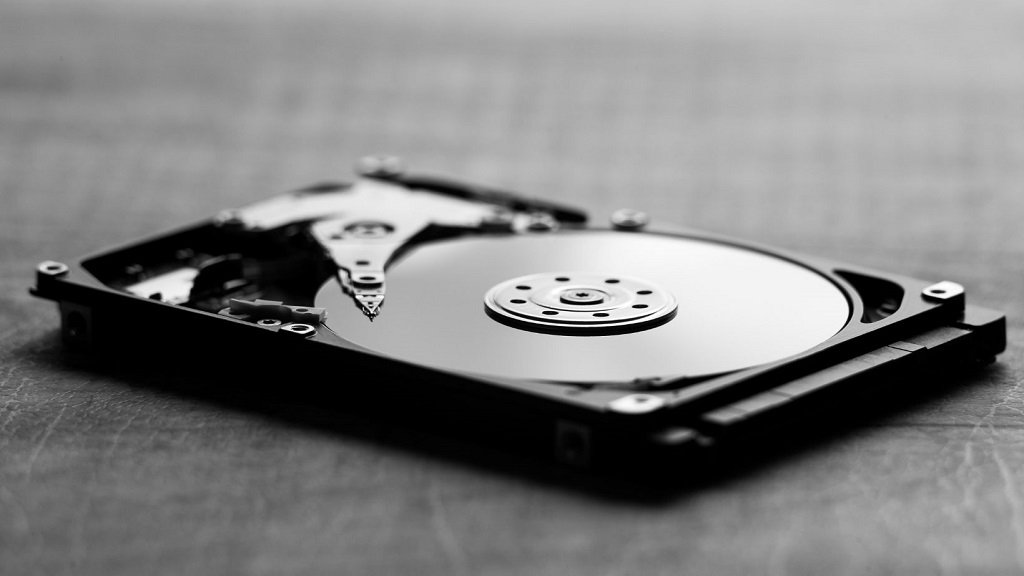Why Secure Hard Drive Disposal is Crucial for Data Protection

Insecure disposal of hard drives leaves sensitive data vulnerable to thieves. Even if a drive is wiped or formatted, data can be recovered using specialized software, creating risks for businesses and individuals. A single security breach can have major financial, reputation, and compliance ramifications. This is why proper destruction is essential.
Protects Sensitive Information
When computers, tablets, and mobile devices become obsolete, businesses must find a way to dispose of the data stored on these units securely. Otherwise, a cybercriminal could retrieve it with advanced recovery techniques.
This is why it is crucial to thoroughly erase a hard drive before disposing of it. Using a software program or reformatting is insufficient, as these methods leave traces of sensitive information on the disk drive. The best way to prevent unauthorized access is to destroy the device, which renders the contents unrecoverable physically. Fortunately, professional services in secure hard drive shredding & disposal can perform this task using several methodologies. They may shred the hardware into irreparable pieces or crush it with a hydraulic press. In addition, they may use powerful magnetic fields to purge information from the drives. This procedure thwarts the possibility of data recovery and ensures compliance with local, state, and federal regulations. It also enables businesses to fulfill their obligations to clients, vendors, and employees to protect confidential information.
Protects the Environment
Hard drive disposal protects the environment by preventing toxins like lead, mercury, cadmium, and flame retardants from leaching into soil and groundwater. In addition, it ensures that hard drives can be reused in remote regions where the cost of new electronics is prohibitive. While using 35-way writes, and other data erasure tools is possible, these techniques will not eliminate all the information from the hard drive.
Protects Your Reputation
Keeping customers’ information safe is more than just good practice for a business; it’s a legal requirement. Data breaches can cause serious financial losses, a loss of consumer trust, and negative publicity. Shredding physical data storage devices helps companies avoid fines and maintain a positive reputation.
Unfortunately, erasing or physically destroying hard drives is insufficient to secure confidential data. Culprits may retrieve deleted files using powerful magnetic tools, drilling, or hammering the devices.
By hiring a professional electronics recycling company to destroy hard drives securely, businesses can ensure that their sensitive data doesn’t end up in the wrong hands. Additionally, these companies can help clients comply with stringent data protection regulations and minimize the risk of data breaches. By demonstrating that they take security seriously, companies can build trust with consumers and stakeholders and increase their bottom line. In addition, shredded hard drive scraps can be recycled, which reduces landfill waste and promotes environmental responsibility.
Prevents Identity Theft
A discarded hard drive contains sensitive information that would benefit identity thieves. This includes your social security number, bank accounts, and contact information for friends and family members. Thieves can use this data to open credit in your name, steal from your savings, or even con people you know.
Unfortunately, simply deleting files or reformatting a hard drive only removes the pointers to them. Cybercriminals can retrieve most or all of the original data using various programs.
Aside from being costly, data breaches damage companies’ reputations. They also face steep fines if they are found to be violating privacy laws. Secure hard drive destruction is the only way to ensure your confidential data does not fall into the wrong hands. It is an investment that pays off, especially in a world where data breaches are becoming increasingly commonplace. This makes it imperative that individuals and businesses take the proper precautions to protect themselves from identity theft, data breaches, and other cyber crimes.
